Multicultural Therapy
Multicultural Therapy is an approach to psychotherapy that aims to address the concerns of clients whose race, ethnicity, religion, gender identity, sexual orientation, income, disability status, or other social factor(s) falls outside of the majority or outside the dominant social group. The approach centers on the idea that demographic factors such as race, ethnicity, and gender identity play a critical role in how someone experiences the world and relates to others, and attempts to factor those realities into their treatment. Multicultural therapy also acknowledges that negative issues that arise for minority groups—such as oppression, stereotyping, racism, and marginalization—are relevant for mental health and illness and should be afforded special recognition during therapy. Multicultural Therapy aims to create a therapeutic environment where all individuals will feel safe, respected, and able to articulate their challenges without feeling misunderstood. A competent multicultural therapist will show significant awareness of the effects cultural and societal factors may have on a client’s life, and may place more emphasis on the individual client’s unique background, experiences, and needs than in traditional therapy settings that may take a more universal approach. Therapy will also address different cultural views of mental health treatment to help clients overcome internalized stigma or negative associations with seeking help.

